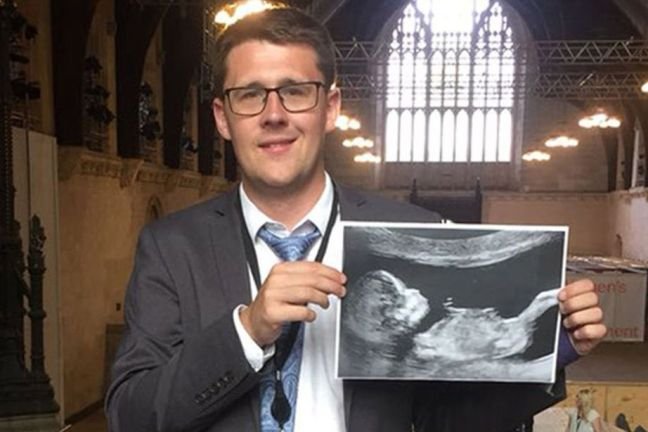-support self-defined Indigenous policies
-shift from consultation to negotiation
-generate data related to positional rather than simply distributional goals
-education needs to include the political dimension of Indigeneity
-account for political differences
-don't reduce to racial issues
-consider outcome variables that matter to communities
-value both program evaluation & cross-nation research
-develop/evaluate new ex-ante policy rather than only evaluating ex-post
-largely fixed land base
-analyzing outcomes for a small distinct group in a larger one
-community often prefers to preserve distinctness
-may involve additional rights or status for both individuals and naitons


